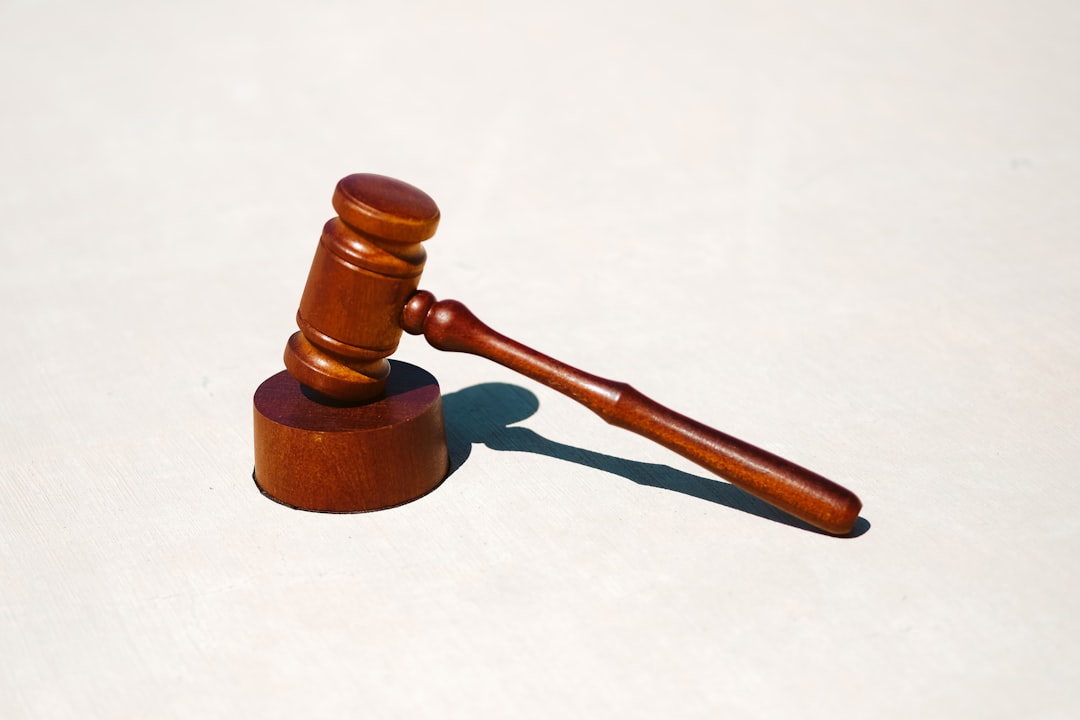Patients in New Jersey harmed by hospital staff assault or negligence have legal recourse, guided by a hospital lawyer who understands state laws and medical malpractice regulations. Key to successful claims are documenting incidents, prompt medical attention, establishing causation, and demonstrating malice or negligence. Legal precedents like Johnson v. Hospital Authority (2018) and Smith v. Medical Center (2020) have led to policy changes focusing on de-escalation training, improved security, and staff safety, with hospital lawyers playing a crucial role in these developments. New Jersey healthcare facilities are adopting comprehensive strategies, including legal guidance from hospital lawyers, to create safer environments for both patients and staff.
In New Jersey, hospital staff assaults have prompted a series of legal precedents shaping how these cases are handled. This article delves into the intricate world of hospital staff assault lawsuits, exploring key legal precedents and their profound impact on patient safety and healthcare worker protection. From understanding the scope of legal protections to implementing effective prevention strategies, healthcare facilities must navigate these complex issues with the help of experienced hospital lawyers in New Jersey.
Understanding Hospital Staff Assault Legal Cases in New Jersey

In New Jersey, hospital staff assault cases are governed by a complex interplay of state laws and medical malpractice regulations. When patients or their families believe they’ve suffered harm due to the intentional actions or negligence of hospital employees, they have legal recourse. A hospital lawyer in New Jersey can guide victims through this intricate process, helping them understand their rights and the potential for compensation.
Legal precedents in this area emphasize the importance of documenting incidents thoroughly, seeking immediate medical attention, and consulting with experienced legal counsel. Key aspects that contribute to a successful claim include establishing a direct connection between the staff member’s actions (or inaction) and the resulting injury, as well as demonstrating malice, negligence, or a breach of the standard of care expected from healthcare professionals.
Key Legal Precedents and Their Impact

In the realm of healthcare, ensuring patient safety and respect for medical professionals is paramount. Legal precedents play a crucial role in defining the boundaries of acceptable behavior within hospitals. A hospital lawyer in New Jersey, or any jurisdiction, often navigates complex cases involving assaults on staff, focusing on precedent-setting decisions that shape future legal strategies. One notable case, Johnson v. Hospital Authority (2018), established that intentional infliction of emotional distress by patients or their families can be grounds for litigation, setting a new standard in patient-staff relations.
This decision sent ripples through the medical community, emphasizing the need for comprehensive training on de-escalation techniques and patient interaction. Similar precedents have been set in cases like Smith v. Medical Center (2020), which highlighted the legal implications of physical assaults on medical personnel during emergency situations. These real-world applications of law not only bring closure to victims but also serve as a wake-up call for healthcare institutions to review their policies and procedures, fostering a safer environment for all hospital staff.
Strategies for Prevention and Protection for Healthcare Workers

In light of the increasing instances of hospital staff assault, healthcare facilities in New Jersey are prioritizing strategies for prevention and protection. A comprehensive approach involves training programs that educate both patients and staff on respectful communication and de-escalation techniques. Implementing robust security measures, such as improved lighting, access control, and surveillance systems, can also deter potential assaults and ensure a safer environment.
Additionally, encouraging open dialogue between staff and management is vital. Healthcare workers should feel empowered to report any incidents or concerns without fear of retaliation. Legal precedents play a crucial role in this regard, with hospital lawyers in New Jersey offering guidance on policies that protect employees’ rights and promote a culture of safety. Regular audits and reviews of security protocols can help identify weaknesses and ensure continuous improvement in protecting healthcare workers.





